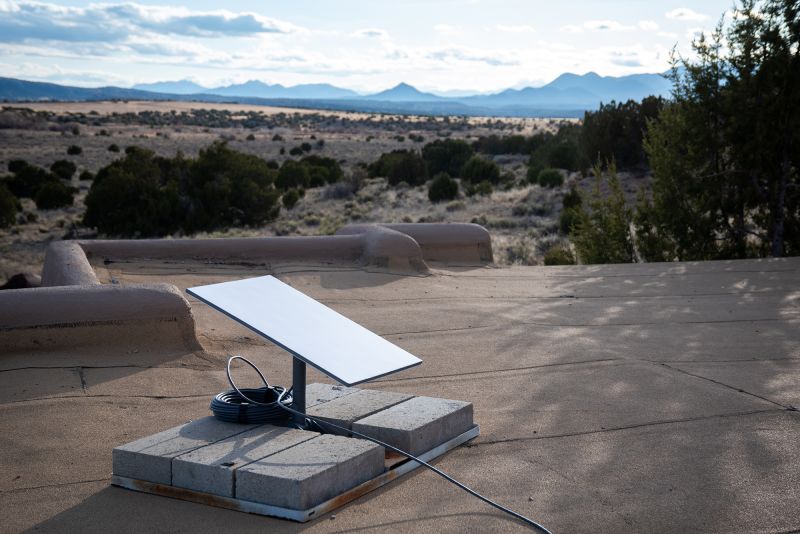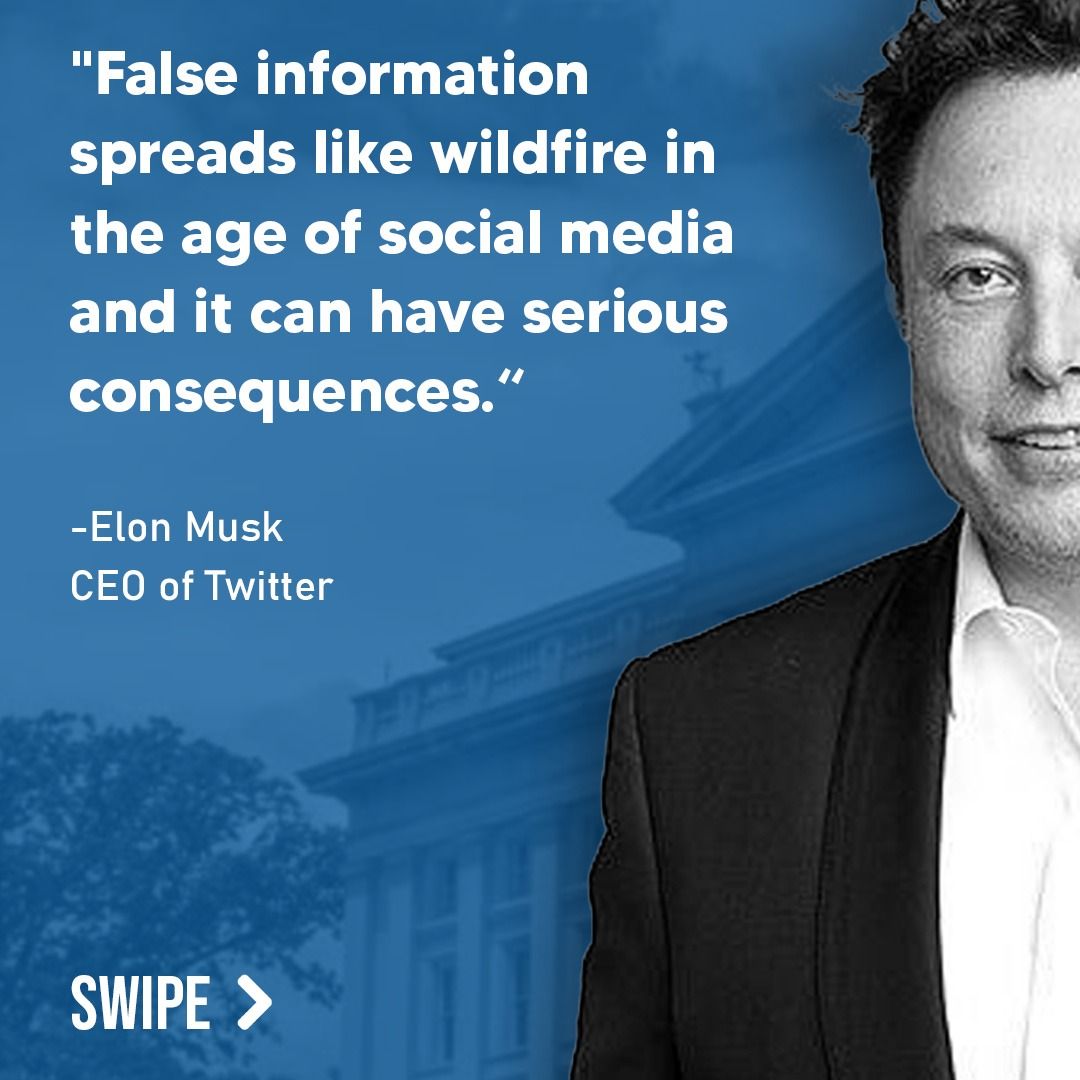
Introduction
A recent CNN article claims that a rule change could allow Elon Musk’s Starlink to receive part of a $42 billion federal grant meant to expand broadband access. Given Musk and former President Donald Trump’s history of advocating for reduced government spending, some question whether this move contradicts their fiscal principles. This fact-check investigates whether the article presents an accurate view of Starlink’s potential involvement in the grant program and whether bias or missing context is present.
Historical Context
Efforts to expand internet access, especially to rural communities, have long been a policy priority in the United States. The Broadband Equity, Access, and Deployment (BEAD) program, established in 2021, originally favored fiber-optic providers. However, recent changes by the Commerce Department now allow other forms of internet technology, including satellite-based services like Starlink, to apply for funding.

Fact-Checking Specific Claims
Claim #1: The Commerce Department rule change directly benefits Starlink.
The article states the Commerce Department’s revision makes Starlink eligible for federal grant money, but it does not confirm that Starlink has actually received funds. While the new rules now have a “tech-neutral” stance, no funding awards for Starlink have been announced. This claim lacks definitive evidence at this stage.
Claim #2: This move contradicts Musk and Trump’s stance on reducing government programs.
While both Musk and Trump have supported cutting federal spending, their positions have been nuanced. Musk has expressed support for privatization but has also sought government contracts when they align with his business interests, such as NASA partnerships for SpaceX. This does not necessarily contradict his broader philosophy, though it might appear inconsistent.

Claim #3: Musk misrepresented Verizon’s role in managing the FAA’s current communication infrastructure.
The article correctly points out that Musk initially stated Verizon was running the FAA’s communication system but later retracted that assertion. In reality, the FAA’s system still relies on older infrastructure managed by L3Harris. Musk’s initial claim was indeed misleading, though he corrected it afterwards.
Conclusion
While the article accurately reports that new Commerce Department guidelines could allow Starlink to compete for broadband grants, it does not confirm that SpaceX has secured funding. Additionally, the suggestion that Musk’s involvement contradicts his anti-government spending stance omits examples of his past reliance on federal contracts. The article does provide correct information about Musk’s inaccurate statement regarding Verizon and FAA infrastructure but does not emphasize his later correction. Overall, the report presents factual information, though certain claims lack important context.

Encourage Readers to Take Action
Want to stay informed and avoid misinformation? Download the DBUNK app today to fact-check the news in real time.
Link to Original Article
Read the original article on CNN

